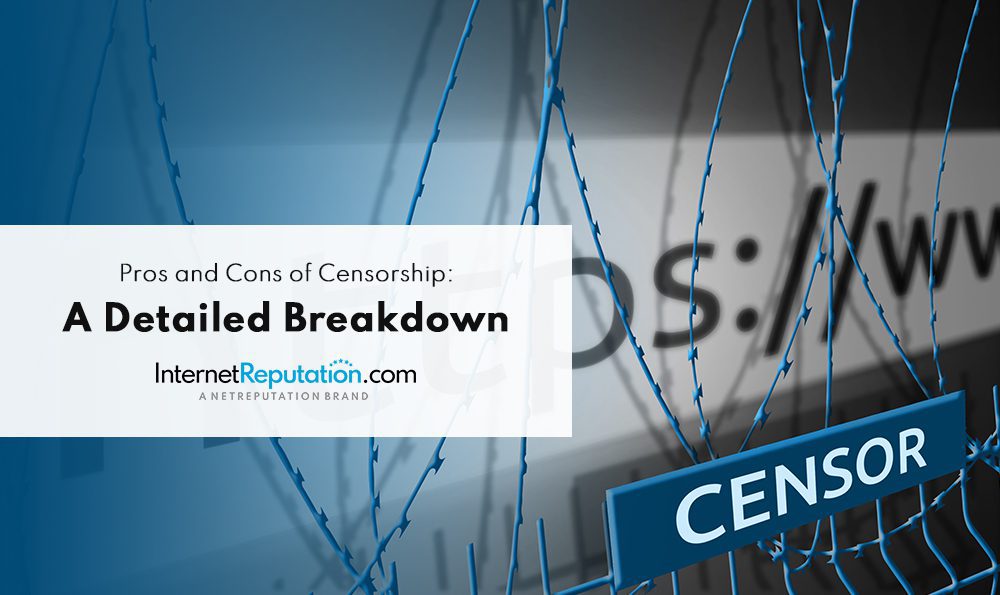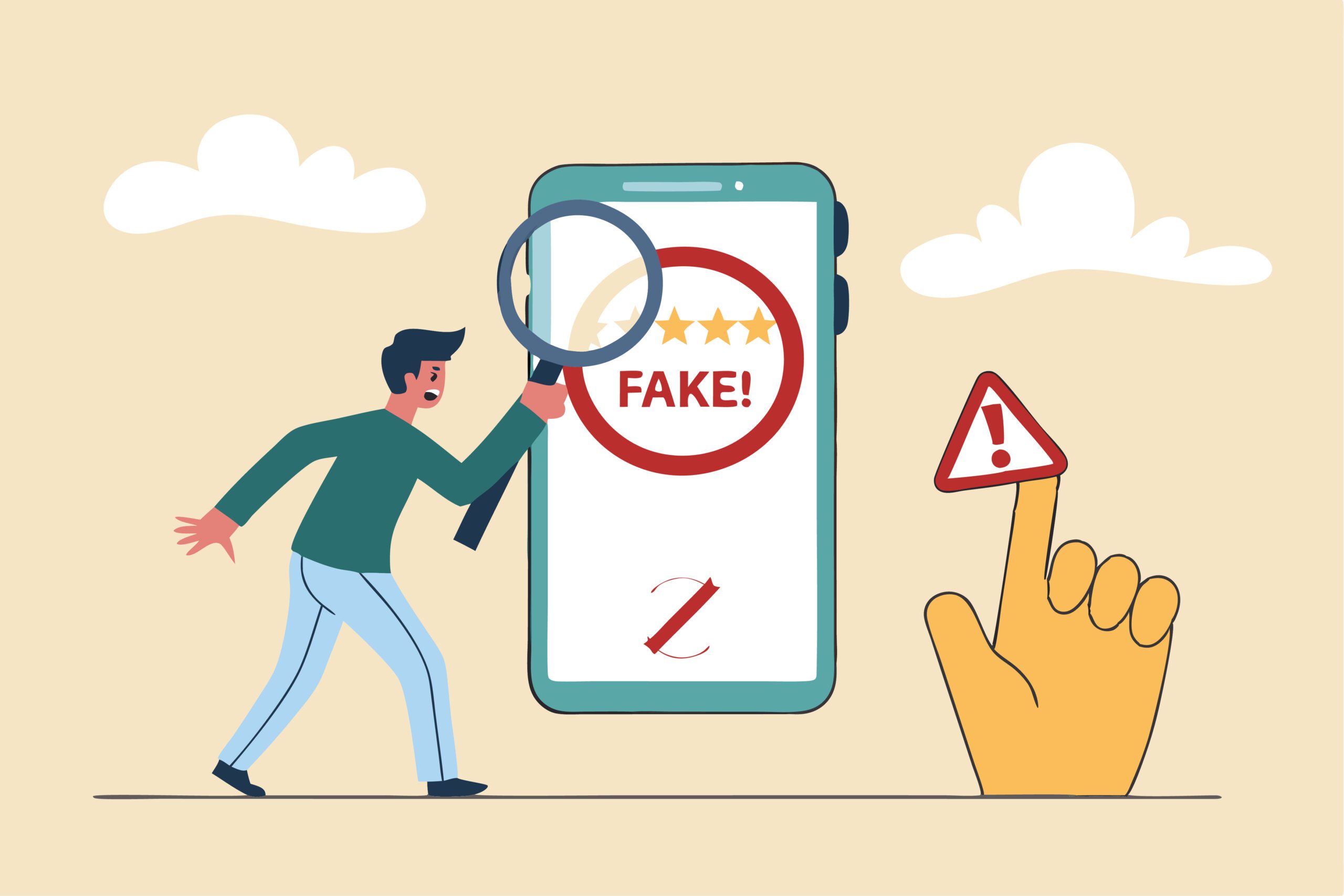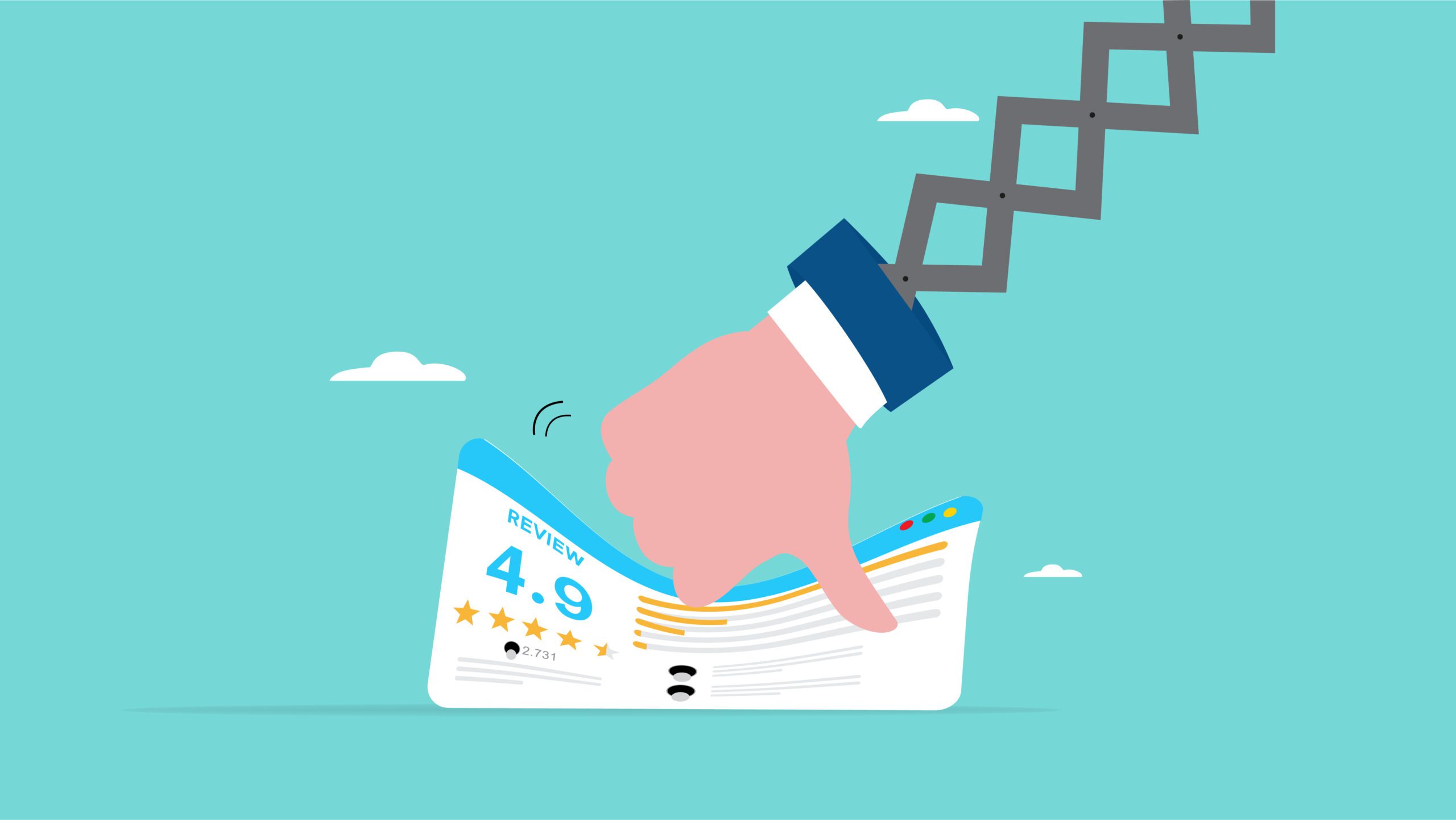Pros and Cons of Censorship: A Detailed Breakdown

Censorship has been a contentious issue throughout history, with various forms impacting societies worldwide. The practice has sparked debates on its merits and drawbacks, from political censorship to self-censorship. While censorship can protect national security and maintain social order, it also raises concerns about freedom of speech and access to information.
Key Takeaways:
- Censorship has been used throughout history to control information and maintain social order, but it can also infringe on freedom of speech and limit access to information.
- While censorship can be argued as necessary for protecting national security and children from harmful content, it can also be used for propaganda and political control.
What Is Censorship?
Censorship, the control of information and ideas by authorities, has evolved over time for social, political, and moral reasons. It has historically been used to maintain power structures, preserve cultural norms, and protect national security. From ancient to modern times, rulers and authorities have restricted free expression to manage public perception and uphold societal values. Major events such as the Enlightenment period and the rise of totalitarian regimes have shaped the practice of censorship, with technological advancements like the internet offering new methods of control and surveillance. Understanding these dynamics is crucial in navigating censorship’s complexities today.
Types of Censorship
Censorship manifests in various forms, including political censorship laws imposed by governments, religious censorship dictated by faith doctrines, corporate censorship driven by profit motives, and self-censorship practiced by individuals.
1. Political Censorship
Political censorship involves governmental authorities’ suppression of information or expression to control public discourse and protect political interests.
By restricting access to certain content, governments shape public opinion and limit the spread of dissenting viewpoints. By controlling the flow of information, authorities can perpetuate their agendas, manipulate public perception, and maintain their hold on power. For example, propaganda plays a crucial role in political censorship, as governments often use biased or misleading information to sway public opinion.
Case studies worldwide showcase the diverse strategies authorities employ to silence dissent and stifle opposition. Examining the intricacies of these mechanisms provides valuable insights into the dynamics of censorship and its impact on societies.
2. Religious Censorship
Religious censorship restricts the dissemination of content that contradicts religion or challenges established beliefs, doctrines, or practices of religious institutions.
Religious censorship aims to safeguard the traditional values and teachings upheld by a particular faith by controlling the flow of information. Throughout history, religious authorities have imposed strict regulations on publications, artworks, websites, and public speeches to prevent the spread of heretical or sacrilegious ideas. From the banning of certain texts by the Catholic Church during the Inquisition to the suppression of critical interpretations of Islamic scripture, examples of religious censorship abound.
It is essential to recognize that the rationale behind such censorship often stems from a desire to maintain orthodoxy and unity within a religious community. Religious leaders seek to avoid internal divisions and preserve their faith’s doctrinal purity by silencing dissenting voices and alternative viewpoints. The impact of these measures on intellectual freedom, freedom of expression, and the progress of knowledge is a subject of ongoing debate.
3. Corporate Censorship
Corporate censorship occurs when private entities restrict or modify content to align with their business interests, marketing strategies, or stakeholder preferences.
Examining the motivations behind corporate censorship reveals that profit-driven decisions play a significant role in shaping internet content restrictions. Companies often prioritize safeguarding their revenue streams and maintaining favorable relationships with advertisers, leading to the suppression or alteration of certain information that could potentially harm their financial interests.
This phenomenon is particularly prevalent in media and digital platforms, where monetization is crucial in dictating the content disseminated to the public. By analyzing case studies of corporate censorship, such as social media giants implementing algorithms to limit the reach of certain content, one can observe how financial considerations often override the principles of unrestricted information dissemination.
4. Self-Censorship
Self-censorship refers to individuals suppressing their thoughts, opinions, or expressions to conform to social norms, avoid backlash, or protect personal interests.
This behavior often stems from a fear of judgment, sanctions, or consequences for expressing dissenting or controversial views. Moreover, societal pressure to adhere to commonly accepted beliefs or ideologies can significantly drive individuals to self-censor.
It’s essential to recognize that self-censorship is not solely about silencing one’s voice; it can also lead to a suppression of creativity, diversity of thought, and the open exchange of ideas.
Pros of Censorship
Censorship can have positive implications by safeguarding national security, maintaining social order, and protecting vulnerable populations such as children from harmful content.
When implemented effectively, censorship plays a crucial role in regulating the dissemination of information within society. By filtering out potentially harmful or misleading content, governments can prevent the spread of misinformation that may incite violence or conflict.
Censorship can promote a sense of cohesion by ensuring that all citizens are exposed to content that aligns with societal values and norms. It can also shield marginalized groups and individuals, such as victims of cyberbullying or harassment, by removing harmful online materials. Ultimately, censorship can contribute to building a safer and more inclusive community.
1. Protecting National Security
One of censorship’s primary advantages is its ability to prevent disseminating sensitive information that may threaten national security or public safety.
Government censorship also plays a crucial role in protecting classified data and thwarting threats from external entities seeking strategic insights by controlling what information reaches the public domain.
Security measures such as redacting confidential materials or restricting access to certain government information channels are essential to national defense mechanisms. This delicate balance between safeguarding vital secrets and ensuring transparency in governance is a complex challenge faced by governments worldwide.
2. Maintaining Social Order
Censorship plays a role in preserving social harmony and stability by regulating content that could incite unrest, violence, or disruptive behavior within a community.
Censorship aims to prevent the spread of misinformation, hate speech, and war propaganda, which can fuel tensions and exacerbate social conflicts, by controlling the dissemination of sensitive information. It also contributes to maintaining order and civility by filtering out content against societal norms and protecting individuals from harmful influences.
Upholding cultural norms through censorship ensures that values and ethics deemed important by society are respected. This fosters a cohesive community where diverse perspectives can coexist peacefully. In this way, censorship is a tool for shaping public discourse and safeguarding collective well-being.
3. Protecting Children from Harmful Content
Censorship that shields children from exposure to inappropriate or harmful content helps promote their psychological well-being, moral development, and safety in digital environments.
Protecting minors from stumbling upon harmful content is crucial to nurturing a healthy mindset and shaping respectable values from a young age. The impact of unsuitable material on children’s mental health and behavior can be profound, influencing their perception of the world and interactions with others. By creating a safe online space through content filtering, parents and guardians play a pivotal role in safeguarding their children’s innocence and ensuring they grow up responsibly. When considering the ethical dilemmas surrounding restricting access to certain content, weighing the balance between protection and freedom of information becomes a complex challenge in the digital era.
Cons of Censorship
Despite its potential benefits, censorship raises concerns about infringing on individuals’ freedom of speech, limiting access to diverse information sources, and potentially stifling creativity and critical thinking.
When certain ideas or opinions are suppressed through censorship, it can hinder a society’s intellectual growth. By limiting freedom and restricting the flow of information, people may be deprived of the opportunity to engage with different perspectives and challenge their own viewpoints. This limitation on free expression not only inhibits personal development but also stifles the exchange of ideas that is essential for societal progress.
1. Infringes on Freedom of Speech
One of the primary criticisms of censorship is its tendency to curtail individuals’ rights to express opinions, challenge authority, and engage in open dialogue, thereby impeding the democratic exchange of ideas.
When speech is restricted, dissident voices are silenced, hindering the flow of diverse perspectives essential for a vibrant society. This suppression of dissent can lead to a dominant narrative that stifles critical thinking and innovation.
Censorship can create echo chambers where only certain viewpoints are allowed, narrowing public discourse and limiting the space for constructive debates and intellectual growth. It raises ethical dilemmas by determining who can decide which narratives are acceptable and which are not, potentially leading to subjective biases influencing what the public can access and discuss.
2. Limits Access to Information
Censorship can restrict access to a broad spectrum of information, impeding individuals’ ability to make informed decisions, engage in critical thinking, and participate fully in democratic processes.
When individuals lack diverse perspectives and alternative viewpoints, their understanding of complex issues can be skewed, leading to uninformed opinions and stilted discussions.
Furthermore, censorship hampers creativity and intellectual growth by stifling innovation and limiting exposure to new ideas and intellectual advancements.
In a society where information is vetted or suppressed, the fabric of knowledge dissemination is compromised, resulting in a fragmented awareness among the populace.
3 . Can Be Used as a Tool for Propaganda
When used as a propaganda tool, censorship manipulates narratives, distorts truths, and controls public perception, influencing individuals’ beliefs and attitudes through selective information exposure.
Certain agendas are pushed forward through selective content filtration, shaping public opinions and worldviews. Censorship can conceal vital information that challenges the status quo or threatens those in power. The dissemination of distorted facts hinders critical thinking and suppresses dissent, creating an environment where misinformation flourishes. Censorship can turn a country’s or history’s course by molding the collective memory of events and controlling the narrative presented to the masses.
Conclusion: Is Censorship Necessary?
The debate over the necessity of internet censorship still continues to spark discussions worldwide. Proponents advocate for security and order, while critics argue for preserving free speech and information access.
Proponents of censorship often emphasize the importance of maintaining social stability and protecting individuals from harmful content such as hate speech, violence, and news and misinformation. They believe censorship is crucial in upholding public morality and safeguarding national security.
On the other hand, critics raise concerns about the potential abuse of censorship by those in power to silence dissenting voices and control the flow of information, citing instances where censorship has been used to suppress political opposition or restrict artistic expression.



